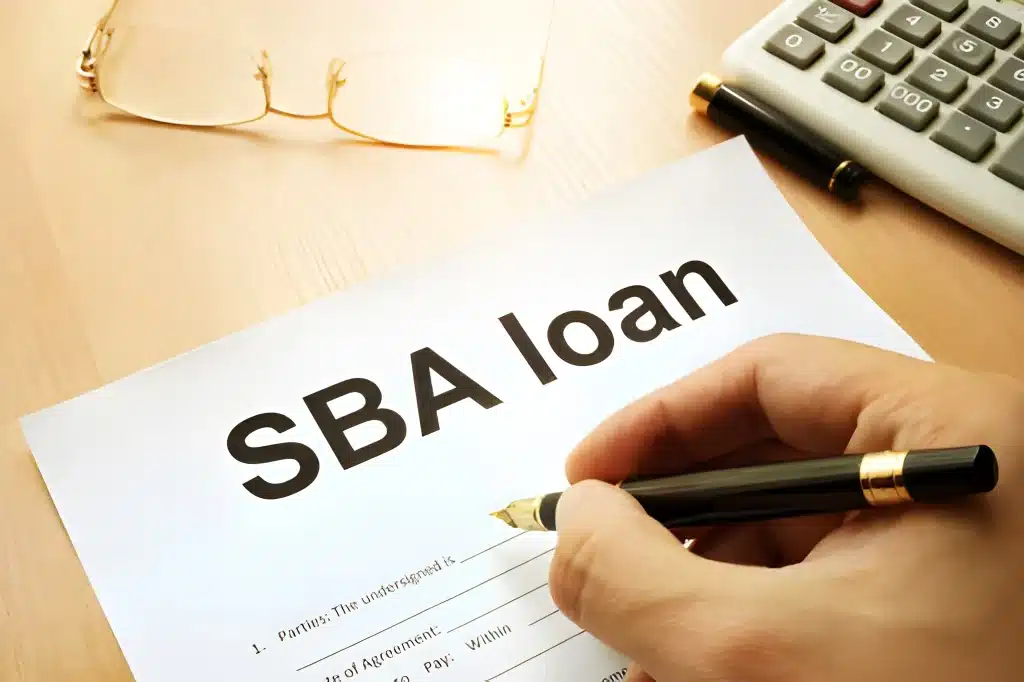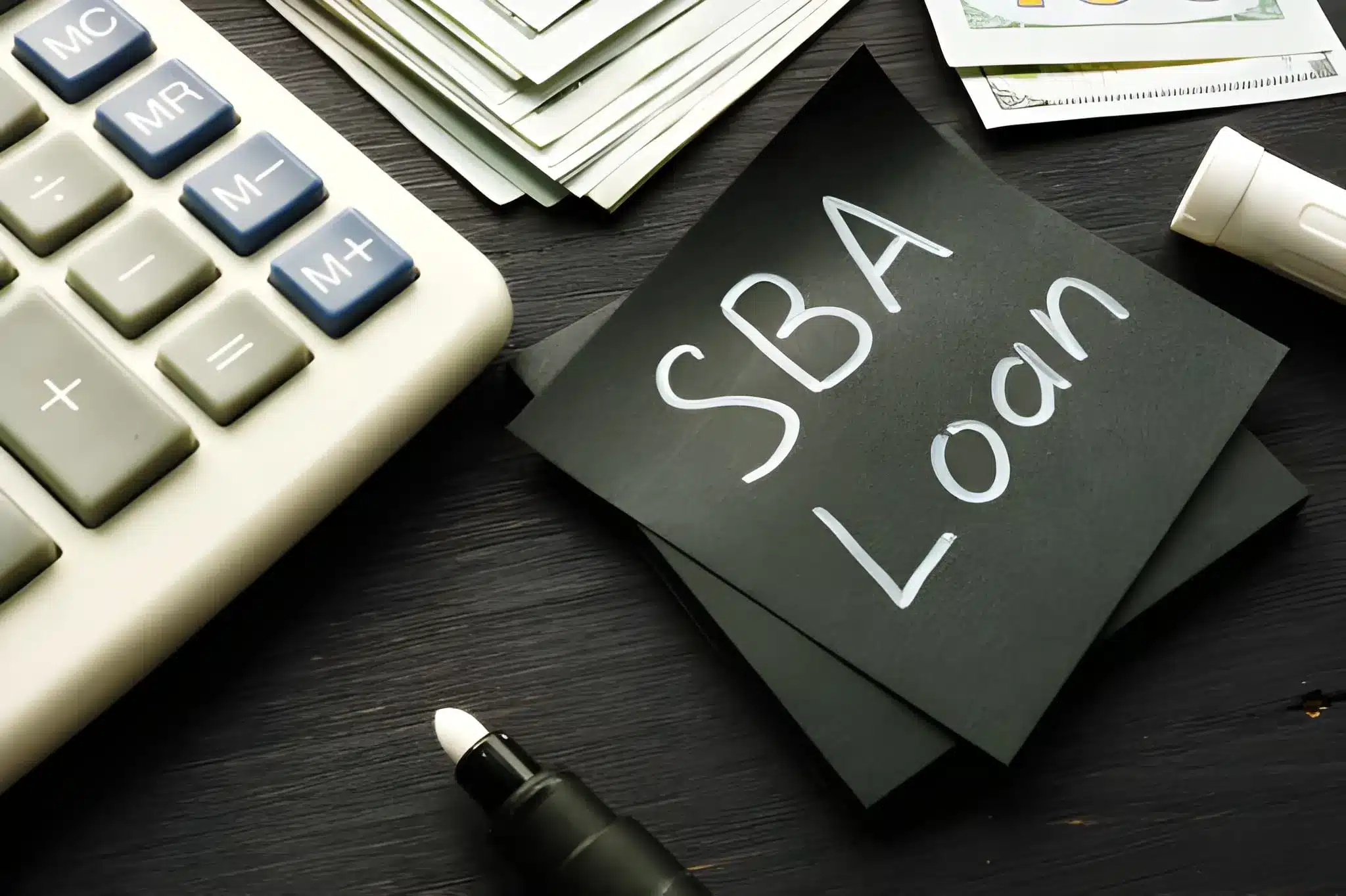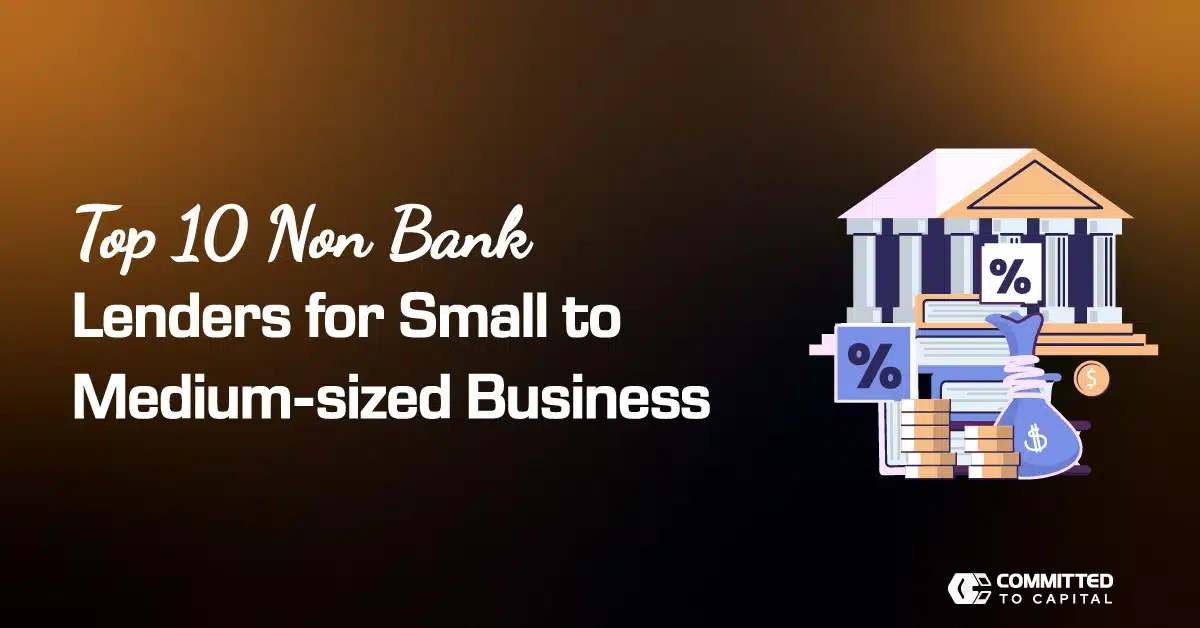For small and medium-sized business owners, access to capital can shape the future of your company. Whether you’re expanding operations, buying equipment, or acquiring commercial property, the Small Business Administration (SBA) offers powerful loan programs that make growth possible.
Two of the most popular options are the SBA 7(a) and SBA 504 loans, but understanding their differences can help you choose the one that fits your business goals best.
In this guide, we’ll break down SBA 7(a) vs 504 loans, explore how each works, and help you decide which is the more brilliant move for your long-term success.
What is an SBA 7(a) Loan?
The SBA 7(a) loan is the most versatile financing program backed by the U.S. Small Business Administration. It helps small businesses access affordable funding for various needs, including working capital, purchasing equipment, refinancing debt, or buying real estate. With loan amounts up to $5 million and flexible repayment terms, it’s ideal for entrepreneurs seeking a single loan to cover multiple business goals. Whether you’re expanding operations, improving cash flow, or investing in growth, the SBA 7(a) program offers the flexibility and government-backed security that many small and medium-sized businesses need to thrive.
Key Highlights:
- Loan amount: Up to $5 million
- Repayment terms: Up to 25 years for real estate and 10 years for working capital or equipment
- Interest rates: Variable or fixed, often tied to the Prime Rate
- Down payment: Typically 10%–20%
- SBA guarantee: Up to 85% on loans under $150,000 and 75% on larger loans
The 7(a) loan is ideal for business owners who need flexibility and don’t want to be limited to specific asset purchases.
What is an SBA 504 Loan?
The SBA 504 loan offers long-term, fixed-rate financing for significant fixed assets, including commercial real estate, heavy machinery, and large equipment. Designed for business expansion, the structure involves two lenders: a Certified Development Company (CDC) provides 40% funding, a private lender covers 50%, and the borrower contributes 10%. This unique setup reduces lender risk and offers borrowers lower interest rates with repayment terms of up to 25 years. Ideal for companies purchasing property or upgrading facilities, the SBA 504 loan helps small businesses build equity while maintaining manageable, predictable monthly payments over time.
Key Highlights:
- Loan amount: Up to $5.5 million per project
- Terms: 10, 20, or 25 years
- Interest rate: Fixed for the life of the loan
- Down payment: Usually 10%, sometimes more for startups or special-use properties
This program is ideal for businesses seeking to purchase their own building, expand facilities, or make long-term investments in physical assets.
SBA 7(a) vs 504 Loans: Side-by-Side Comparison
Here’s a clear breakdown to help you compare the two:
| Feature | SBA 7(a) Loan | SBA 504 Loan |
| Purpose | General business use, working capital, refinancing, equipment, or real estate | Fixed assets commercial property, large equipment, or renovations |
| Maximum Loan Amount | Up to $5 million | Up to $5.5 million per project |
| Loan Structure | One lender (bank or credit union) | Two lenders (bank + Certified Development Company) |
| Interest Rate | Variable or fixed | Fixed (usually lower) |
| Repayment Term | Up to 25 years for real estate | 10–25 years |
| Down Payment | 10%–20% | Typically 10% |
| Use of Funds | Flexible | Restricted to assets |
| SBA Guarantee | Up to 85% | Up to 40% through CDC |
| Best For | Businesses needing flexibility and cash flow | Businesses buying property or heavy equipment |
Which Loan is Right for You?
Choosing between SBA 7(a) vs 504 loans depends on how you plan to use the funds and your long-term business strategy.

Choose the SBA 7(a) Loan If:
- You need working capital for everyday operations.
- You want flexibility to use funds across multiple purposes.
- You’re looking to refinance business debt or expand inventory.
- You need faster approval and a simpler structure with one lender.
Choose the SBA 504 Loan If:
- You’re purchasing commercial real estate or large equipment.
- You prefer a fixed interest rate and long-term stability.
- You plan to own your business property rather than rent.
- You want to lock in low, predictable monthly payments over the course of decades.
Benefits of SBA Loans for Small Businesses
Both programs provide benefits that traditional business loans often can’t match.
Lower Down Payments: Keep more cash for operations.
Longer Repayment Terms: Easier monthly payments and better cash flow.
Government Guarantee: Reduces risk for lenders, increasing your chances of approval.
Access to Affordable Capital: Ideal for startups or small businesses with limited collateral.
Support for Growth: Both loans are designed to help small companies expand and create jobs in local communities.
At Committed to Capital, we help entrepreneurs identify the best financing options tailored to their needs so you can focus on building your business, not battling red tape.
What Are the Eligibility Requirements for SBA 7(a) Loans?
To qualify for an SBA 7(a) loan, your business must meet several important criteria:
- Your business must be for profit. Nonprofits and charitable organizations do not qualify.
- You need to have equity or investment in the business, meaning you have already contributed financially or can offer personal assets as collateral.
- If you have access to other financial resources, you need to use those first before applying. For example, if you have savings or can secure traditional financing, the SBA expects you to explore those options before seeking a 7(a) loan.
- The business owner cannot be on parole.
- Your business must operate within the United States or its territories.
In addition, your company must meet the SBA’s small business size standards, which vary by industry. In most cases, eligible businesses have fewer than 500 employees and less than $7.5 million in annual revenue over the past three years. The business must also engage in legitimate commercial activity and not be involved in real estate investment, lending, or speculation.
What Are the Eligibility Requirements for SBA 504 Loans?
To be approved for an SBA 504 loan, your business must meet the following conditions:
- Your business net worth must not exceed $15 million.
- It must operate as a for profit entity. Nonprofits do not qualify.
- Your business must fall within the SBA’s small business size standards, which differ by sector.
- The company’s average net income for the previous two years must be $5 million or less after taxes.
- The loan funds must be used for business purposes only, such as purchasing commercial property, equipment, or expanding facilities.
- You cannot use the loan for investment or passive income activities.
- The financed property must be primarily used for business operations and not rented for income.
- You cannot be engaged in lending, gambling, or illegal activities.
- Your business must not have been delinquent on any federal debts.
- You cannot be involved in political or lobbying activities.
- The project must be viable and financially feasible, showing the potential to generate enough cash flow to repay the loan.
- You must occupy at least 51% of the property if it is an existing building or 60% if newly constructed.
- Each business principal must provide personal financial history and credit information to demonstrate repayment ability.
While many businesses that qualify for SBA 7(a) loans may also be eligible for SBA 504 financing, not all will meet the more stringent requirements of the 504 program.
How to Apply for an SBA Loan
Assess your needs: Determine the amount of funding you require and the reasons behind it.
Choose the right program: Decide between the SBA 7(a) or 504 loan based on your goals.
Gather documentation: Business plan, financial statements, tax returns, and collateral details.
Connect with a trusted lender: Work with experienced SBA-approved partners, such as Committed to Capital.
Submit your application. Once approved, use the funds to grow your business strategically.
Our team specializes in helping small businesses navigate the SBA lending process with confidence and clarity.
Final Thoughts
When comparing SBA 7(a) vs 504 loans, both programs are excellent tools for small and medium-sized businesses. The key difference lies in how you plan to use the funds. If you need flexibility and working capital, the 7(a) loan is your best bet. If you’re buying property or investing in large equipment, the 504 loan is designed for long-term stability and security.
Whichever path you choose, SBA loans remain one of the most powerful financing options available for American business owners who want to invest in their growth.





